Enamel cookware is ideal for homemade soap production because it's chemically inert, withstanding the harsh lye used in soap making without leaching harmful substances. You'll appreciate its exceptional durability, resisting damage from high pH environments while maintaining temperature stability. It's easy to clean, versatile across all soap making techniques, and offers significant health and environmental benefits. The initial investment pays for itself through years of reliable performance, making your soap crafting journey both safer and more sustainable.
The Chemical Stability Advantage of Enamel in Soap Making
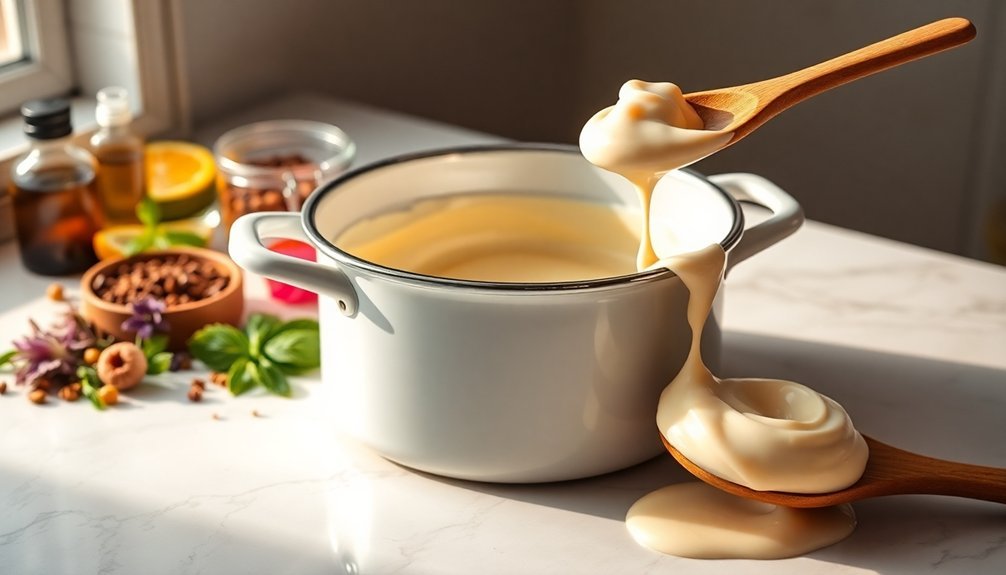
When creating homemade soap, choosing the right equipment directly impacts both your safety and the quality of your final product. Enamel cookware offers exceptional chemical stability that makes it ideal for soap production.
Unlike aluminum, which reacts with lye, enamel surfaces remain chemically inert throughout the soap-making process. The glass-based coating provides a non-reactive barrier between your soap ingredients and the cast iron beneath. You'll find that enamel withstands both acidic and alkaline conditions without degrading or contaminating your soap.
This non-reactivity means you won't have to worry about harmful substances leaching into your product. The stability of enamel in high pH environments guarantees your equipment maintains its integrity even when exposed to sodium hydroxide.
This non-porous surface also prevents absorption of essential oils, fragrances, and colorants, keeping your recipes pure and your cleanup simple.
Durability That Withstands Soap Production Demands
Unlike ordinary kitchen equipment, enamel cookware stands up exceptionally well to the rigorous demands of soap production. The robust construction handles exposure to alkaline substances without deteriorating, while the protective enamel coating prevents rust and extends your equipment's lifespan.
You'll find that even if small chips occur, they won't compromise your soap—the underlying metal doesn't react negatively with soap ingredients. Most enamel cookware uses cast iron or stainless steel underneath, providing excellent durability during the soap-making process.
Enamel's excellent heat retention allows for consistent temperature control during saponification, but remember to avoid thermal shock by heating gradually.
Temperature control is essential for successful saponification—enamel's superior heat retention delivers consistent results when heated with patience.
For maximum durability, store your soap-making vessels in dry places and avoid stacking them. With proper care, your enamel cookware can serve your soap-making endeavors for decades, maintaining both functionality and appearance despite repeated exposure to harsh ingredients.
Effortless Cleaning After Soap Making Sessions
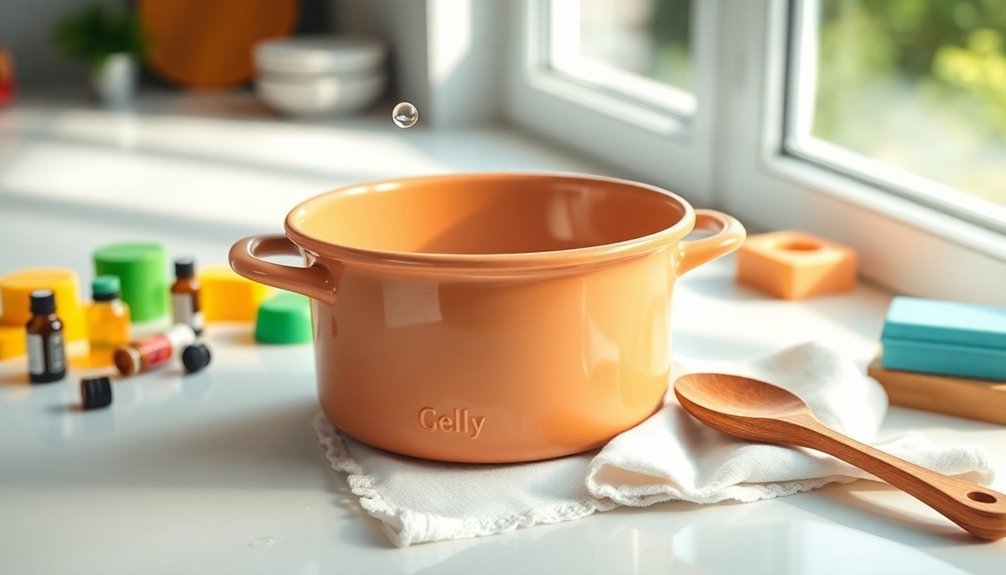
Cleaning your enamel cookware after a soap making session proves remarkably simple compared to other materials. Just use mild dish soap and a soft sponge to maintain the enamel's integrity.
Never reach for steel wool or abrasive cleaners, as they'll permanently damage the surface. For optimal results, allow your cookware to cool to room temperature before attempting any cleaning process.
For stubborn soap residue, create a baking soda paste with water and apply it to affected areas. Alternatively, try a gentle mixture of baking soda with vinegar or hydrogen peroxide.
Always let your cookware cool completely before cleaning to prevent thermal shock – sudden temperature changes can crack the enamel coating.
After cleaning, dry your cookware thoroughly and store it in a dry place. Using felt or silicone protectors between stacked pans prevents scratches, extending the life of your soap-making equipment.
Versatile Performance Across Soap Making Techniques
Enamel cookware truly shines in its adaptability across various soap making techniques, proving its worth as a versatile tool for both novice and experienced crafters.
Whether you're exploring hot process, cold process, or melt-and-pour methods, the consistent heat distribution and non-reactive surface guarantee peak results every time.
- Hot Process Mastery – Maintain stable temperatures throughout the cooking phase without worrying about hot spots or chemical reactions with alkaline ingredients.
- Cold Process Precision – Control temperature gradients carefully during initial mixing, preserving the integrity of essential oils and colorants.
- Melt-and-Pour Convenience – Achieve uniform melting and blend additives seamlessly, then transfer your creation without losing fragrance potency. The non-stick surface helps release soap easily and requires less cleanup time after your crafting session.
You'll appreciate how enamelware shifts effortlessly between techniques, allowing you to experiment with different formulations while maintaining professional-quality results.
Health and Safety Benefits for Artisanal Soap Makers
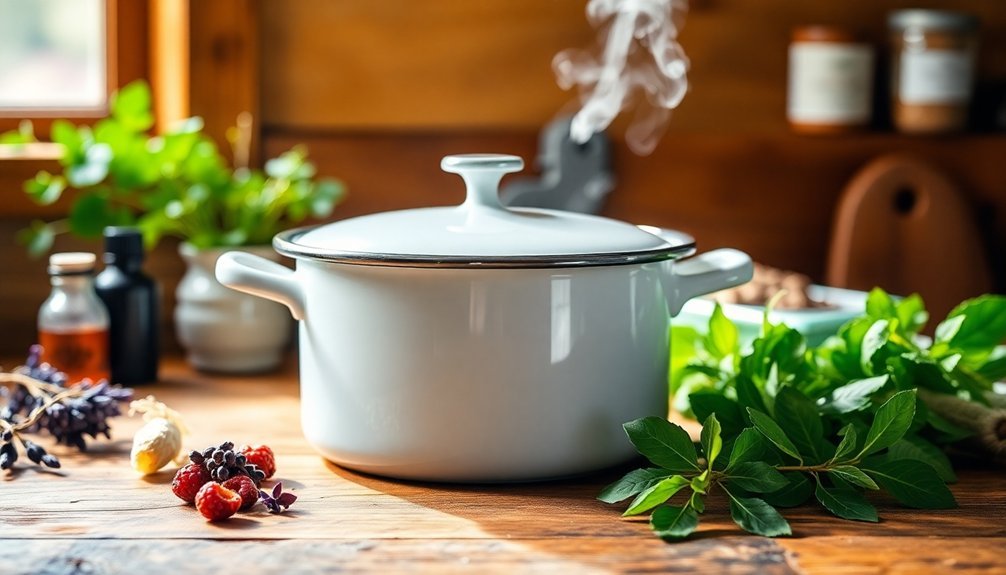
When making handcrafted soaps, you'll benefit from enamel cookware's non-toxic material composition that won't contaminate your products even during long production sessions.
The impermeable enamel coating creates a protective barrier that prevents harmful chemical reactions between your soap ingredients and the vessel itself.
This safety feature is especially critical when working with caustic lye solutions, as the non-reactive surface maintains both your health and the integrity of your final soap products. Unlike bare cast iron, enameled cookware won't react with acidic ingredients and is rust-proof throughout the soap-making process.
Non-Toxic Material Advantage
Safety remains paramount for artisanal soap makers who regularly handle caustic substances like lye and various oils. Quality enamel cookware provides a non-toxic environment for your soap production, ensuring no harmful chemicals leach into your handcrafted products.
The benefits of enamel's non-toxic properties include:
- Prevention of metal leaching that could compromise soap purity and safety
- No absorption of odors or residues between batches, maintaining product integrity
- Long-term durability without degradation, eliminating exposure to potentially harmful breakdown materials
You'll appreciate how enamel cookware maintains its non-reactive properties over time, even with frequent exposure to various soap ingredients. The glass-like enamel coating creates an ideal barrier between your soap ingredients and the base metal of your cookware.
This reliability means you can focus on crafting beautiful soaps rather than worrying about contamination risks or compromised product quality.
Chemical Reaction Prevention
The chemical stability of enamel cookware serves as an essential safeguard against potentially dangerous reactions during soap production. When you're working with caustic ingredients like lye, you'll appreciate how enamel prevents unwanted chemical interactions that could compromise your soap or release harmful substances. Using fill algorithms allows the soap mixture to spread evenly through the container without being affected by unwanted reactions at the edges.
| Reaction Prevention Benefits | Risk Without Enamel | Safety Impact |
|---|---|---|
| Maintains stable composition | Chemical leaching | Purer soap product |
| Non-reactive with caustics | Metal contamination | Safer handling |
| Prevents cross-contamination | Inconsistent results | Healthier workspace |
Your enamel pot's inert surface won't interact with soap ingredients, ensuring what goes in is exactly what comes out. This stability is particularly important when precise chemical reactions determine the success of your final product, protecting both your soap quality and your health.
Long-Term Value and Sustainability in Soap Crafting
Though initial costs might seem higher, investing in enamel cookware for your soap production offers remarkable long-term value and sustainability benefits. Your enamelware will serve you for years with its chemical-resistant surface that doesn't absorb odors or contaminate your soap ingredients. Choosing enamel cookware aligns with the growing movement toward plastic waste reduction in handmade soap production.
You'll appreciate the eco-friendly aspects of enamelware in your crafting journey:
- Reduces reliance on disposable plastic containers, minimizing your environmental footprint
- Requires simple cleaning methods like baking soda, eliminating the need for harsh chemicals
- Serves multiple purposes beyond soap making, maximizing your investment and reducing waste
With proper care, your enamel cookware becomes not just a tool but a sustainable partner in your soap crafting business. It saves you money while supporting environmentally responsible production practices.
Frequently Asked Questions
Can Enamel Cookware Be Used for Both Melt-And-Pour and Cold Process Soaps?
Yes, you can use enamel cookware for both melt-and-pour and cold process soaps. It provides a non-reactive surface with even heat distribution for melting soap bases and safely handles lye mixtures without chemical reactions.
Does the Color of Enamel Cookware Affect Soap Quality?
No, the color of your enamel cookware won't affect soap quality. The enamel coating provides a non-reactive surface regardless of its color. Focus on the cookware's condition instead—ensure it's chip-free and intact.
How Do Temperature Fluctuations Impact Enamel Cookware During Soap Curing?
Temperature fluctuations can cause thermal shock in your enamel cookware during soap curing. You'll avoid cracking and chipping by maintaining gradual heating, cooling your vessel slowly, and never exposing it to sudden temperature changes.
Can Essential Oils Damage Enamel Surfaces Over Time?
Yes, essential oils can damage enamel surfaces over time, especially those with low pH. You'll see less damage with eucalyptus oil, but lemon and highly concentrated oils may gradually erode enamel through repeated exposure.
What Size Enamel Pot Is Ideal for Small-Batch Soap Making?
For small-batch soap making, you'll want a 1-2 quart enamel pot. It's large enough to mix ingredients effectively but not too cumbersome to handle. This size offers flexibility while fitting in most home workspaces.
In Summary
By selecting enamel cookware for your soap making journey, you're investing in chemical stability, exceptional durability, and easier cleanup. You'll appreciate how it handles various techniques while keeping your creations free from unwanted metals. The safe, non-reactive surface protects both your soap quality and your health. Though initially more expensive, enamel's longevity and performance make it the smart choice for serious soap artisans.
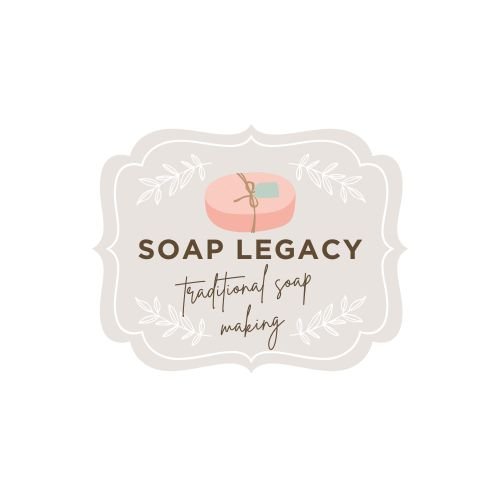
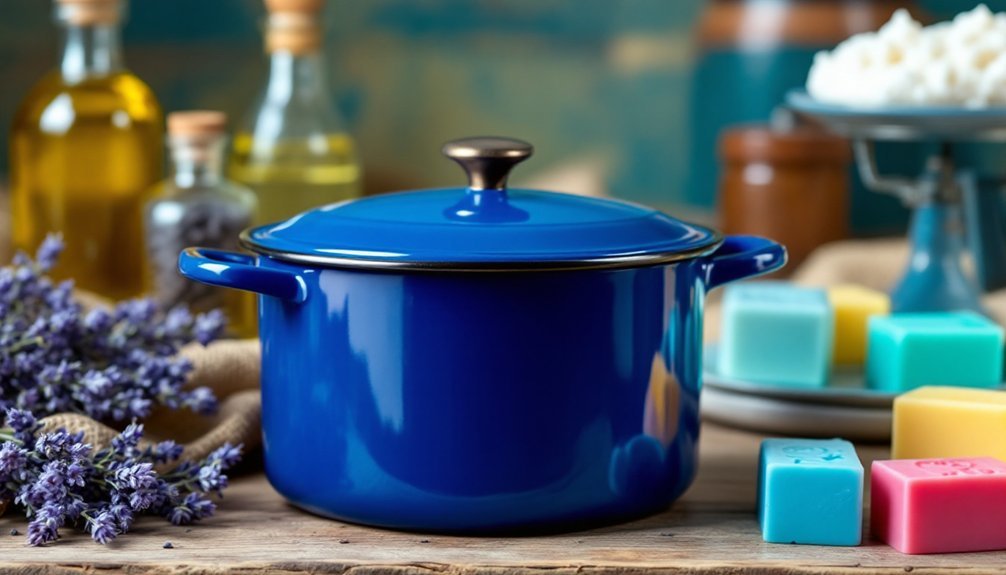
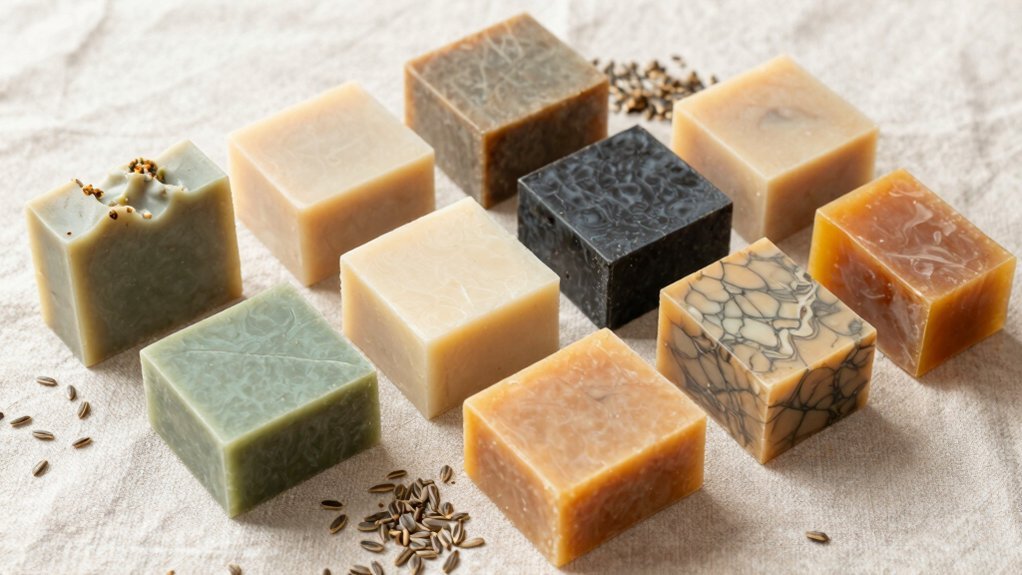
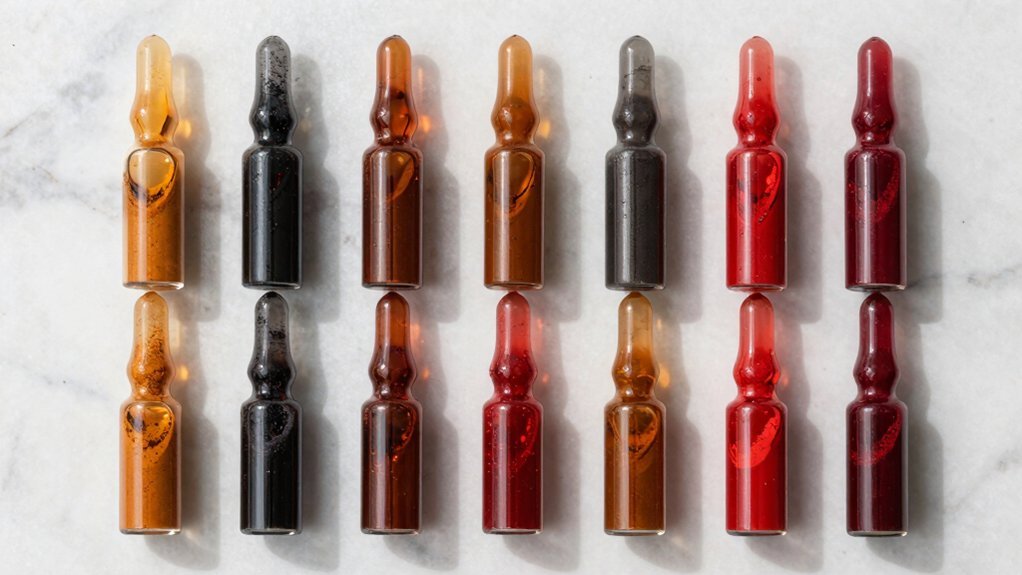
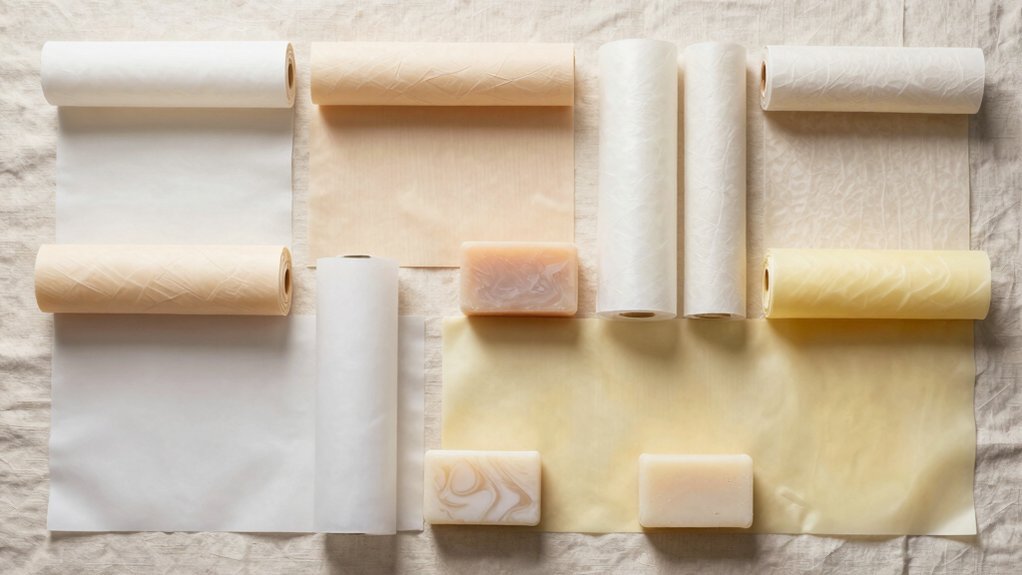
Leave a Reply